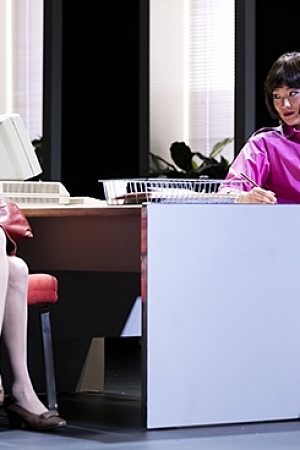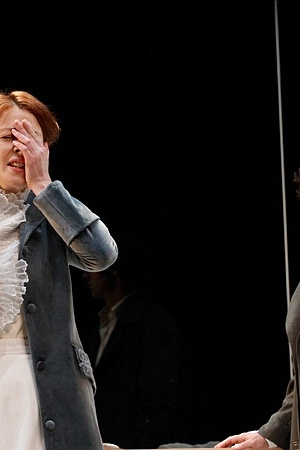August: Osage County

To misquote Tolstoy, all happy families are alike and all unhappy families sooner or later end up on the stage. From the house of Atreus to Jez Butterworth’s latest work, The Hills of California, presently on Broadway, familial dysfunction has been dissected and one could almost say celebrated innumerable times. Recent examples are usually built around a special occasion – a dying patriarch, a funeral, a wedding, Thanksgiving or Christmas – at which the mismatched relatives, steaming with long-held resentments for parents, siblings, children, or the odd second cousin, finally let loose in the third act. The standard scène à faire is a meal which is either partaken in strained silence (the only sound a ticking clock) or in a cacophony of angry voices and smashed crockery.
Continue reading for only $10 per month. Subscribe and gain full access to Australian Book Review. Already a subscriber? Sign in. If you need assistance, feel free to contact us.















Leave a comment
If you are an ABR subscriber, you will need to sign in to post a comment.
If you have forgotten your sign in details, or if you receive an error message when trying to submit your comment, please email your comment (and the name of the article to which it relates) to ABR Comments. We will review your comment and, subject to approval, we will post it under your name.
Please note that all comments must be approved by ABR and comply with our Terms & Conditions.